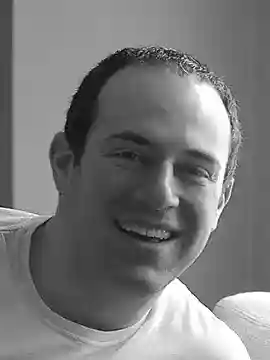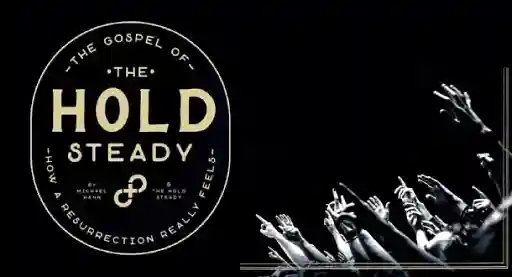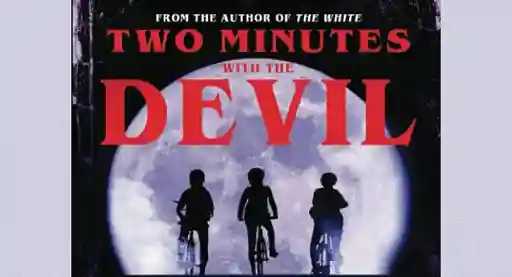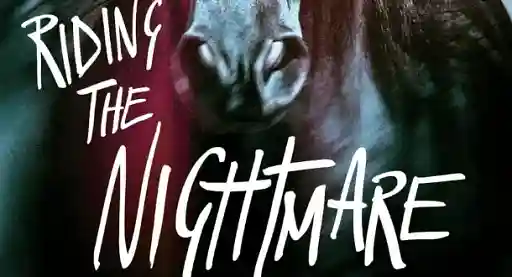Self-Portrait in Black and White: Unlearning Race is Thomas Chatterton Williams’s second memoir, but it’s not a typical memoir. Because Williams is trained in philosophy, I’m tempted to call it the memoir of a philosopher, but that doesn’t do it justice either. Really, it’s the memoir of a philosophy, Mr. Williams’s philosophy on race and racial identification, one I suspect is controversial enough to arouse very strong reactions from certain readers. Whether or not one agrees with Williams on his theories about race, his new book is well worth the time of anyone interested in the subject.
The book begins with the event that catalyzed this exploration: the birth of Williams’s daughter. Williams comes from a mixed family, his father is black and his mother is white, but he always felt like his childhood household was a black one. Williams married a white woman from Paris, where they still live. When his daughter was born, Williams was faced with seeing very little of his own black identity in her:
The sight of this blonde-haired, blue-eyed, impossibly fair-skinned child shocked me—along with the knowledge that she was indubitably mine. On some deeply irrational but viscerally persuasive level, I think I feared that, like a modern Oedipus, I’d metaphorically slept with my white mother and killed my black dad.
From there, Williams gives us moments from his life, many of which have to do with fatherhood, along with plenty of research to show his readers how he came to reject “the legitimacy of the entire racial construct in which blackness functions as one orienting pole.”
Williams takes the stance that race is neither biologically nor socially real, and therefore it is not something which needs to determine the way he thinks about himself and interacts with others. He draws on the work of Walter Benn Michaels in saying that treating race like a social fact acknowledges that treating it as a biological fact was a mistake, but then makes the same mistake again.
He also rejects the contemporary culture of grievance around race, including both white supremacy and black victimhood, while still recognizing that racism exists and is, of course, abhorrent. It is not the existence of prejudice that he denies, but the large-scale systems of it so many thinkers currently claim undergird our society. When one rejects the idea of such systems, according to Williams, then one is free to function as an individual, free of the shackles of ideas that ascribe one either the original sin of the oppressor or the fundamental state of the oppressed.
This might seem easier said than done, but it’s important to remember here that Williams consistently juxtaposes his ideas with the events of his own life, and shows us how he has learned to live outside race, so to speak. He takes us through many of his experiences as a child, as a college student at Georgetown, and of course as a father looking at his daughter who has features that would allow her to pass as a native Swede. The book, then, is less proscriptive than exploratory.
Yet, this is the main critique I have of Williams’s book. He so clearly articulates what he sees to be major problems in society, and draws me in, but then, what do we do? I wonder if I feel this way because there are several parallels between my life and Mr. Williams’s—we’re about the same age, so I suspect that many readers born around 1980 will also feel this way. We both married outside our identified group (I’m Jewish, my wife is not), we’re both worried about whether our children will have those identities the way we did, we both wonder what, if anything, that means, and we consider whether or not that’s the price of the freedom gained from the centuries of struggle of our respective groups. I would have felt like I was imposing myself on the book if Williams hadn’t made so many apt comparisons to the contemporary Jewish experience. But then I’m left with this angst, reinforced by the writing of an an astute thinker, with no way to act on it.
I don’t think I should be too harsh on Williams for this; I know that I am essentially asking him to solve the existential dread of every minority group, which is ridiculous of me. But it is a short book, and I wonder if Williams could have spent a little more time exploring concrete ways forward for readers who are inclined to either agree with his premise or at least entertain the idea of living outside race as a viable alternative to the vitriolic rhetoric so prevalent these days in discussions of race. Perhaps that’s for his next book. I would be interested in reading it.
To be clear, though, the dominant feeling I have after reading Self-Portrait is not of wanting a solution, but of feeling like I’ve deeply engaged with important ideas in a way few writers spur me on to do right now. Williams is self-critical, and also critical of others, but always with respect. His passages countering some of the arguments of Ta-Nehisi Coates are especially poignant, and I would say need to be considered by anyone familiar with Coates’s writing. Williams also references contemporary intellectuals such as John McWhorter, Glenn Loury, Coleman Hughes, and Adrian Piper, showing how he places his own work in the larger canon of ideas on race, and at the same time bringing to light some thoughts from African-American intellectuals that, in my experience, do not get a lot of time in the spaces which I tend to inhabit.
I suspect that Williams’s ideas will surprise many readers of this site, most of whom are writers, some of whom are also academics. It’s not close to any of the prevailing principles in either of those communities right now. My goal isn’t to convince anyone that Williams is right, nor is it to show that he’s wrongheaded, because his ideas are so thoroughly thought out that the reader must exert significant intellectual energy in order to reckon with them. If one disagrees with Williams, then in order to adequately do so one must take the time to thoroughly formulate a counter-idea, which any good thinker knows is a rewarding intellectual exercise in itself. And those who side with Williams will find a robust and articulate theory.
Self-Portrait in Black and White is, I suspect, part of the beginning of a literary career wherein Williams explores ideas of race and identity, among other subjects I’m sure. That is a career I for one am willing to follow.
Get Self-Portrait in Black and White: Unlearning Race at Bookshop or Amazon

About the author
Joshua Isard is the author of a novel, Conquistador of the Useless (Cinco Puntos Press), and his stories have appeared in numerous journals including The Broadkill Review, New Pop Lit, and Cleaver. He studied at Temple University, The University of Edinburgh, and University College London.
Joshua directs Arcadia University’s MFA Program in Creative Writing, and lives in the Philadelphia area with his wife, two children, and two cats.








